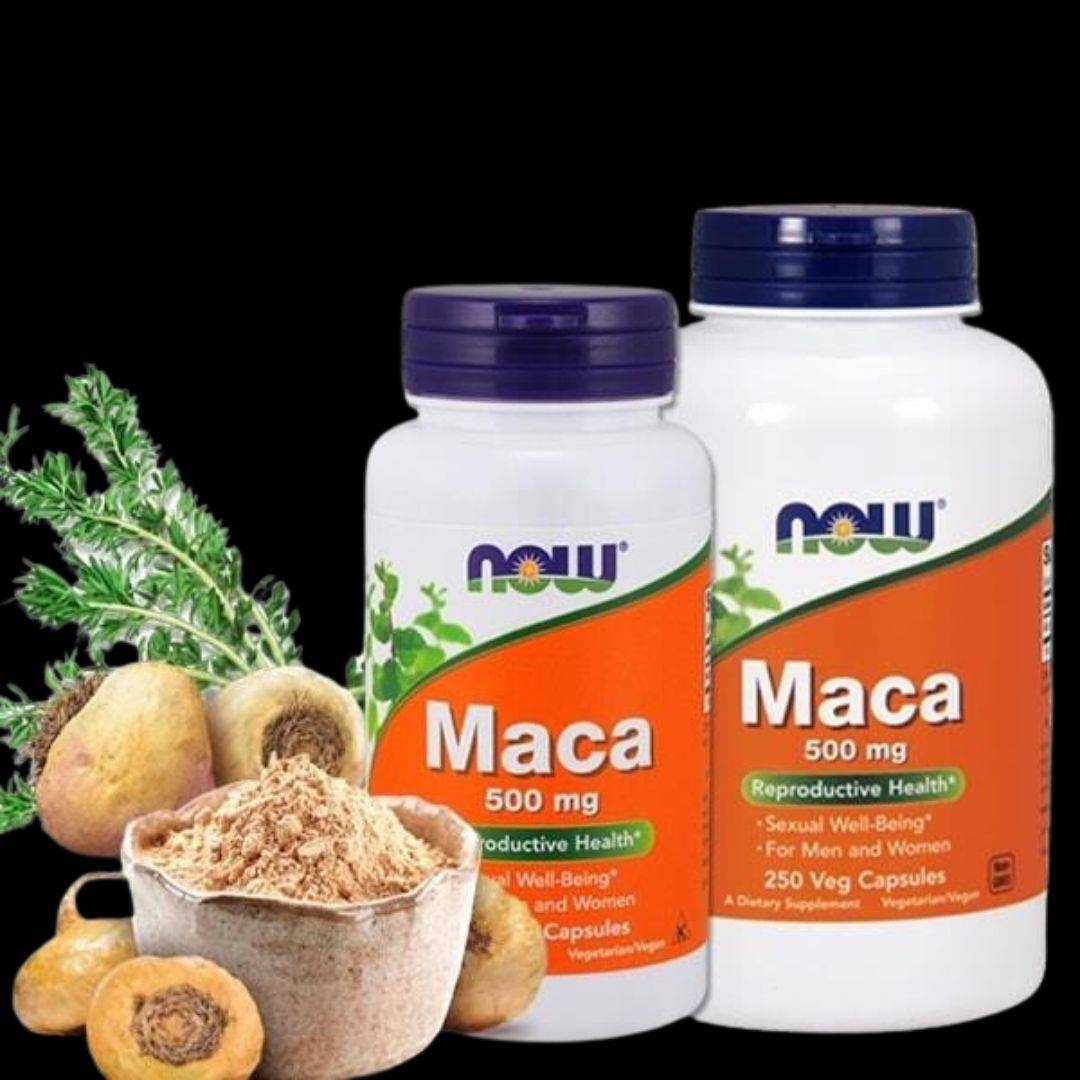
Supplement Guide
Recommended Supplements
“Dietary supplements have become increasingly popular in recent years as people look for ways to improve their health and well-being. However, with so many options available, it can be challenging to know where to start. This supplement guide aims to provide you with the information you need to make informed decisions about dietary supplements with respect to your health and goals, whether your goals are losing weight, building lean muscle or maintaining your ideal physique. Please also remember that these are my supplement recommendations based on my 10+ years of experience in the fitness industry; this is not an exhaustive list of every recommended supplement available.”
Josef Rakich

SECTION ONE
My Staple Supplements
In this first section, I will cover what I will refer to as my “staple supplements.”
These are the supplements I would recommend taking year-round, regardless of your goal.
PROTEIN POWDER
Protein is the macronutrient essential to building muscle mass and plays many critical roles in the body. Protein powder is the most popular supplement because it can help you meet your daily protein requirements more efficiently. What I mean by this is that protein powder is not the only source of protein you'll want to consume; however, it is arguably the most cost-effective protein source, gram-for-gram. Not only that, but it is super convenient. Whether you're an athlete, a bodybuilder, or just someone looking to add more protein to your diet, protein powder will likely have a place in your diet in varying amounts—even if it is only one or two scoops daily. Here are the different types of protein:
01
Whey Protein
Whey protein is a byproduct of milk and is considered the most effective powder for building muscle. It is quickly digested and absorbed, so amino acids are available for your body to use within a relatively short period of time
02
Whey Concentrate
Whey concentrate is a less processed form of whey protein that contains more fat and lactose than whey isolate
03
Whey Isolate
Whey isolate is a more processed form of whey protein that contains less fat and lactose than whey concentrate. It is also more expensive
04
Whey Hydrolysate
Whey hydrolysate is a pre-digested form of whey protein that is absorbed more quickly than other forms of whey protein. It is also more expensive
05
Casein Protein
Casein protein is another protein found in cow's milk that is dried into a powder. It is considered a high-quality protein and is digested more slowly than whey protein
06
Plant-Based Protein
Plant-based protein powders are derived from sources such as peas, hemp, brown rice, and soy. They are higher in fibre and lower in fat than animal-based proteins but are digested more slowly, which can limit the number of amino acids available for your body to use immediately after exercise.
07
Egg Protein
Egg protein is made from egg whites and is a high-quality protein that is digested more slowly than whey protein
My Recommendations
With all of the different types of protein, it can be hard to know what is best for you and your goals. Don’t think that the difference between the types of protein is so different that you will look different by consuming 20g of one protein type instead of another—you won’t. Only routine use versus not using protein is going to have an impact.
So, with that said, here are a couple of trust-worth options I both use and recommend:
-Optimum Nutrition Gold Standard 100% Whey
-Muscle Nation 100% Whey Isolate
If you can’t find any of the above options, that’s fine. Look for a protein powder that is a lean whey protein; it should contain under 10g of carbs per serving (trace carbs only) and about 20g of protein.
I would recommend sticking to a well-known brand as protein powders have been known to underdose on protein, promising 24g per serving but ending up with only 13g, for example.
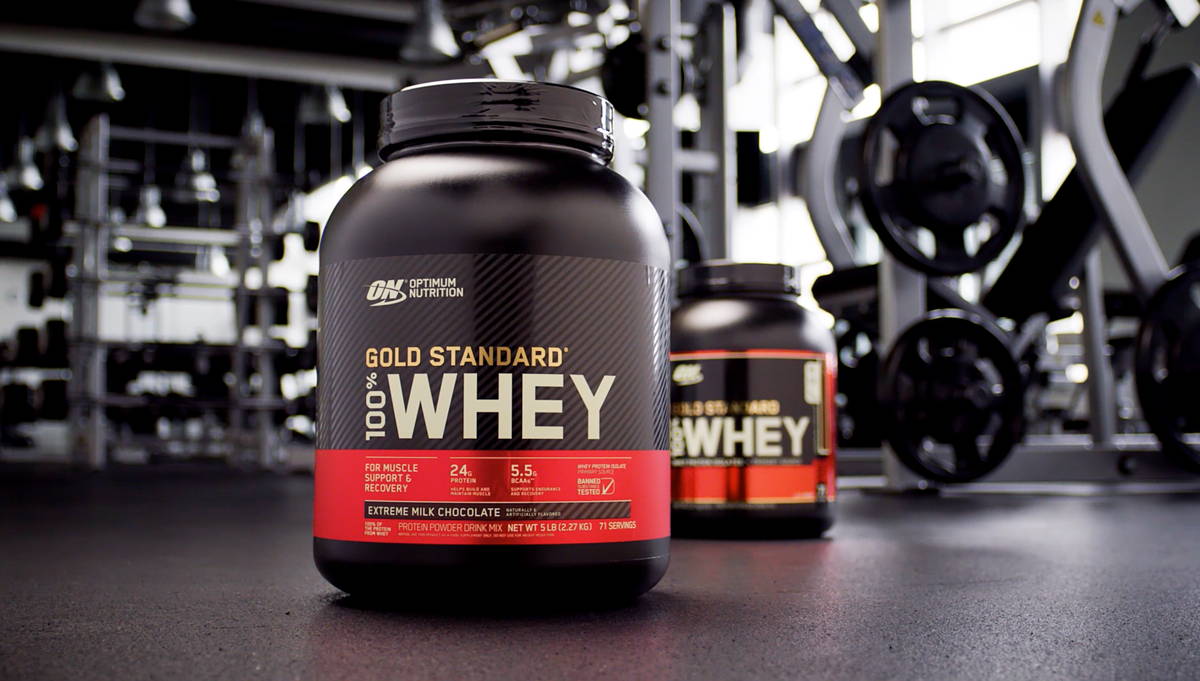
Suggested Consumption
I need to know your vital statistics or goal to suggest an amount of protein and, subsequently, protein powder for you to consume. With that said, most people will benefit from a cost and convenience point of view by consuming 1-2 scoops of protein powder each day.
Consume protein powder when you need it: if there is a particular time of day you know you will be fasting for an extended period, you might as well consume your protein powder then.
Lastly, most of your protein should come from whole foods; protein powder should only be used to supplement your diet when needed.
MULTI-VITAMIN
In today's fast-paced world, getting all the necessary micronutrients from our diets alone can be challenging. That's where multivitamins come in! Multivitamins are dietary supplements that combine vitamins, minerals, and other essential nutrients (micronutrients). They are available in various forms, including tablets, capsules, powders, and liquids. I have consumed a multivitamin for years, and they are perfect if your diet is restrictive (for whatever reason) or simply lacking in vitamins and minerals.
My Recommendations
-Naturelo Whole Food Multivitamin
The recommended vitamins are costly. However, they are worth the expense. If you choose to get a multivitamin from the supermarket (for example), they are synthetic, not natural. Although synthetic vitamins are better than not supplementing with vitamins, I suggest a natural vitamin every time.
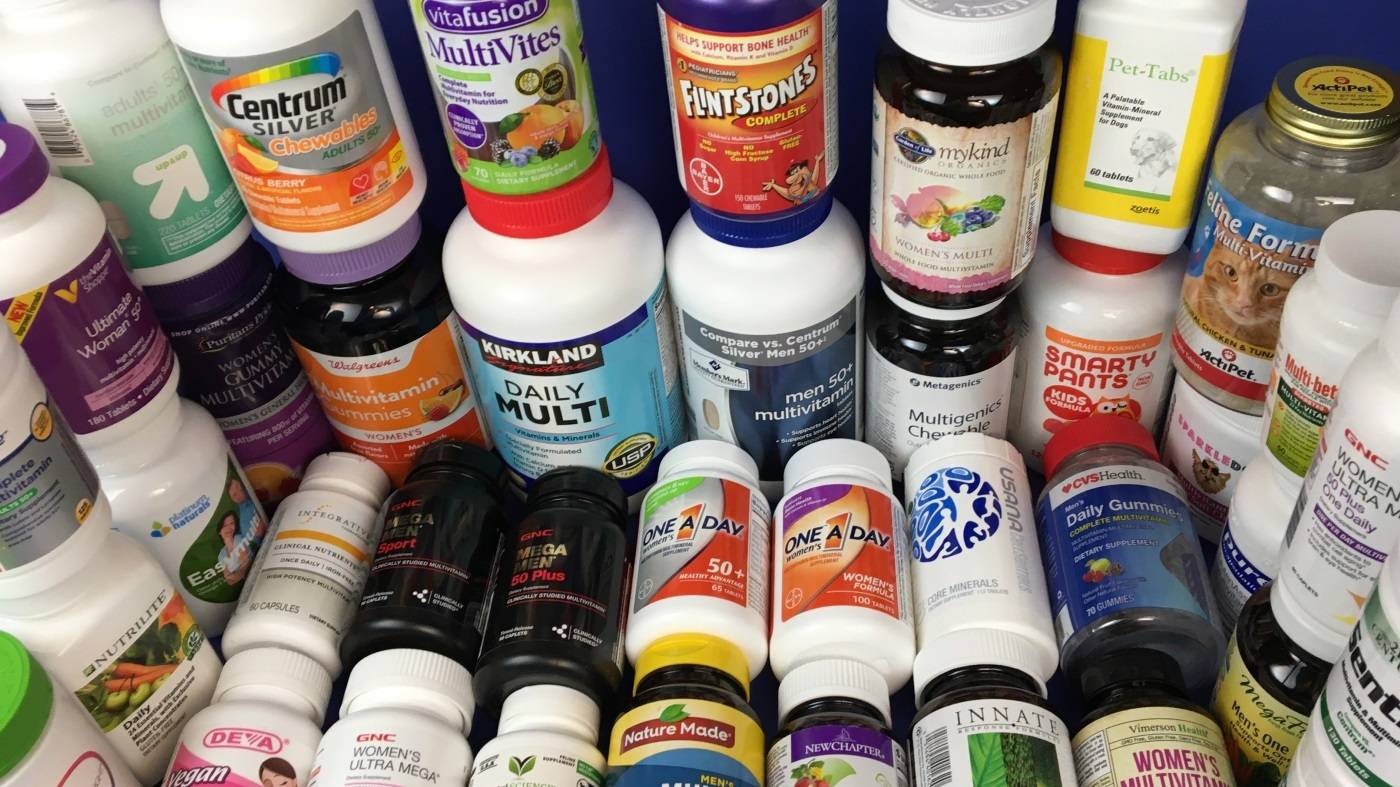
Suggested Consumption
Consume as directed on the label of your multivitamin of choice. I would not recommend exceeding the recommended dosage. There is no need to exceed the recommended dosage of a multivitamin, as most recommended doses will be surplus to requirements anyway.
Creatine
Creatine is a popular supplement that athletes and fitness enthusiasts have used for decades. It is a naturally occurring amino acid primarily stored in the muscles and used for energy during high-intensity exercise. Creatine supplementation has been shown to increase strength, muscle mass, and exercise performance in various activities. It is also being studied for its potential benefits in treating specific health conditions. Creatine is a naturally occurring substance in foods such as fish and steak, but not in the quantity needed to see the performance-based benefits. Creatine works by improving the body's usage of adenosine triphosphate (ATP).
A common myth is that creatine hinders fat loss—it doesn't. Creatine will NOT hinder fat loss in any way. Creatine will also not cause water retention if you are on a maintenance dose (3-5g daily). Creatine holds water intracellular, not extracellular. If anything, it should make you appear more ripped due to muscle fullness. However, it may cause slight bloating in some people (dose-dependent), but it will not cause extracellular water retention. The only exception may be during a loading phase, where it is suggested to consume 20g of creatine per day for five days to saturate the muscles with creatine in the shortest possible timeframe. There is no benefit to the loading phase other than saturating your muscles with creatine quicker than if you had not done the loading phase.
There are a few types of creatine to be aware of:
01
Creatine Monohydrate
This is the most common and cost-effective form of creatine. It is also the most widely and well-researched type of creatine.
02
Creatine Hydrochloride
This variety is made by binding creatine to parts of hydrochloride molecules. It may be more water-soluble than monohydrate.
03
Creatine Ethyl Ester
This form of creatine is much worse than creatine monohydrate and degrades almost completely into the metabolite creatinine in the intestines.
04
Buffered Creatine (Kre-Alkalyn)
This form of creatine is negated by stomach acid and becomes the basic creatine molecule. It is not worse, but not better, either.
05
Liquid Creatine
This form of creatine is dissolved in liquid and is easy to consume. However, it is not as stable as other forms of creatine.
06
Creatine Magnesium Chelate
This form of creatine is bonded to magnesium and is believed to be more easily absorbed by the body.
My Recommendations
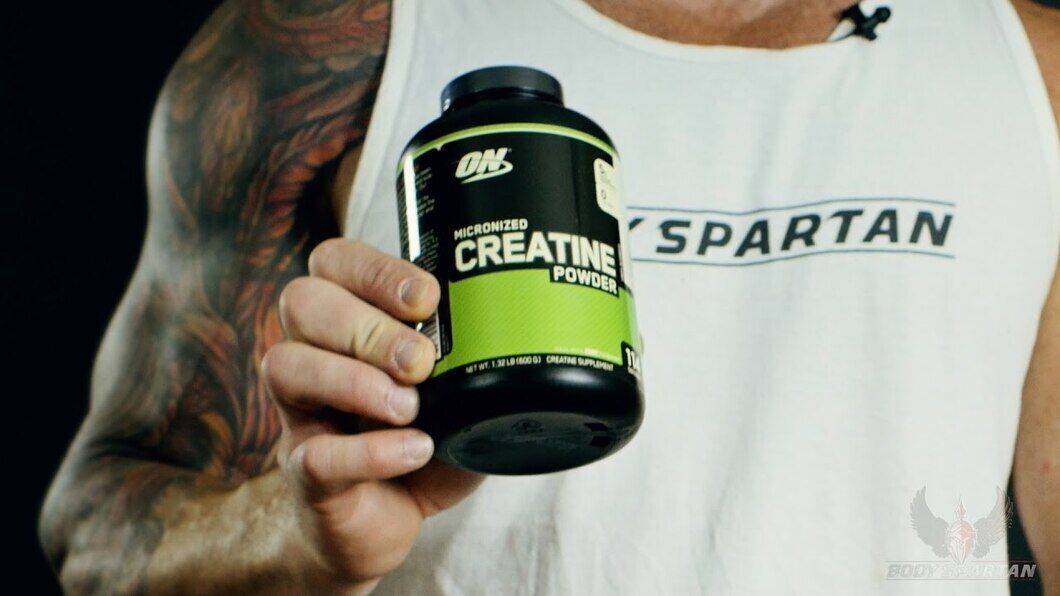
Suggested Consumption
There are no significant differences between powders, tablets, or capsules. Capsules and tablets are more convenient, while powders are more versatile and can be sipped or mixed with other supplements. I have always taken a powdered form of creatine monohydrate.
Complete the loading phase of 20g per day for five days. Then maintain a 5g dose per day.
GLUTAMINE
Glutamine is a popular supplement linked to muscle recovery, digestive health, and, more recently, brain function. It is the most abundant amino acid in the body, but not in the quantities required to benefit humans sufficiently.
My Recommendations
Although glutamine is a nonessential amino acid, it is found in most protein powders. It is also not uncommon to get enough from a regular diet. So, if you are on a budget, buy a protein powder that contains glutamine, and don’t purchase glutamine separately. Additionally, glutamine is cheap, so any brand of glutamine should be fine to consume.
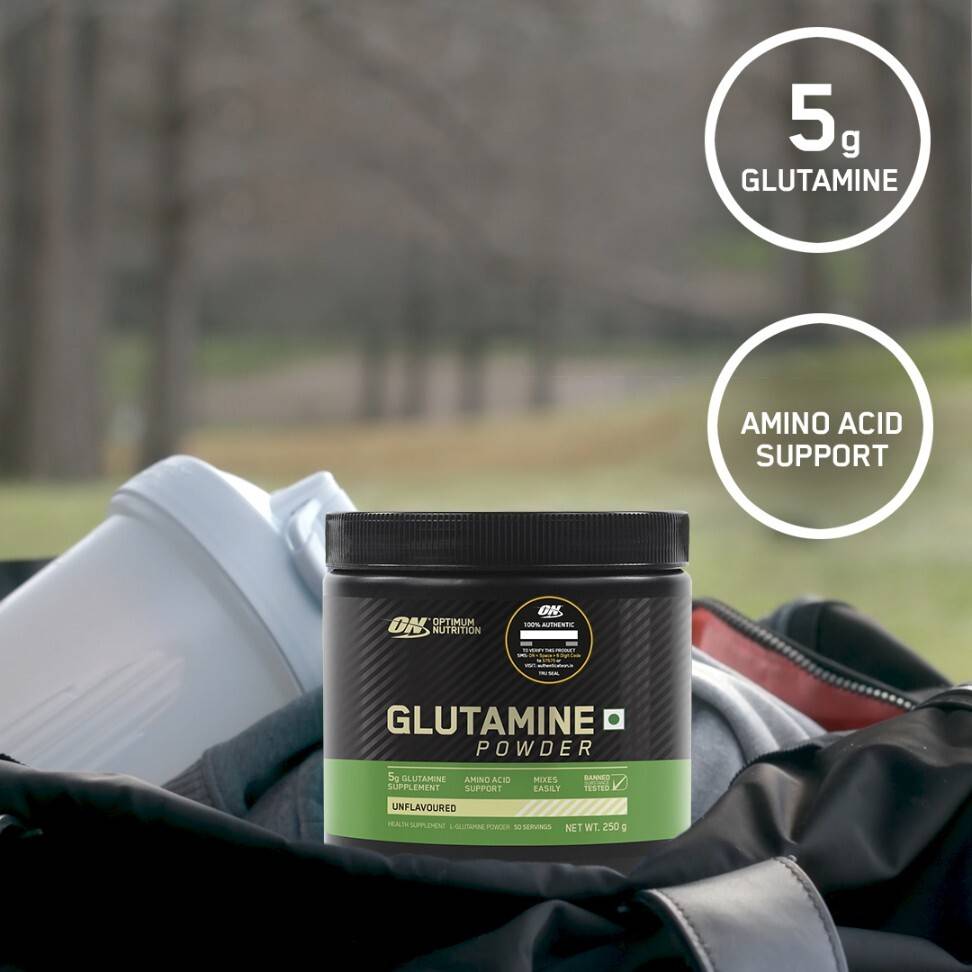
Suggested Consumption
Consume 5g per day for the entire range of benefits. I mix it with BCAAs or juice, as glutamine has a distinct metallic taste.
FISH OIL (Omega-3)
Fish oil is a popular and widely used supplement rich in omega-3 fatty acids. These fatty acids are essential for our body to function and thrive and can be found in plant oils, walnuts, and fatty fish like salmon, sardines, and mackerel. Fish oil supplements contain a combination of eicosapentaenoic acid (EPA) and docosahexaenoic acid (DHA), two primary omega-3 fatty acids that provide health benefits. Research has shown that fish oil can reduce triglycerides, improve symptoms of depression, and reduce inflammation in the body.
My Recommendations
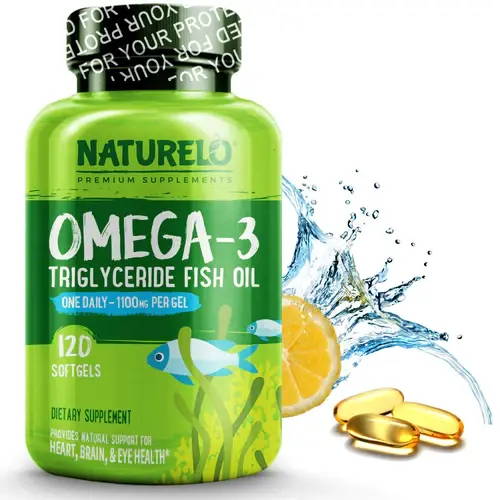
Suggested Consumption
Consume between 4,000mg and 6,000mg per day. This is a standard dosage to maximize the benefits of consuming fish oil.
SECTION TWO
Additional Supplements
Consume these weekly not daily
FAT BURNER (THERMOGENIC)
Fat-burning supplements are beneficial when it comes to losing weight if used correctly. Fat burners, also called thermogenics, contain natural and artificial compounds to increase metabolism, reduce fat absorption, and reduce appetite.
My Recommendations
When choosing a good fat burner, be mindful of the ingredients. These days ingredient lists are overcomplicated with too many ingredients that aren't backed by research or don't work. I suggest keeping it simple and looking for the following ingredients that I know work because they are all that is included in my Ripped Thermogenic.
-L-Carnitite Tartrate 2g
-Caffeine Anhydrous 300mg
-Green Tea Leaf Extract 300mg
-Chromium (as Chromium Picolinate) 500 mcg
Fat burners are the first in the additional supplements section because, whilst they are beneficial, they are, first and foremost, optional.
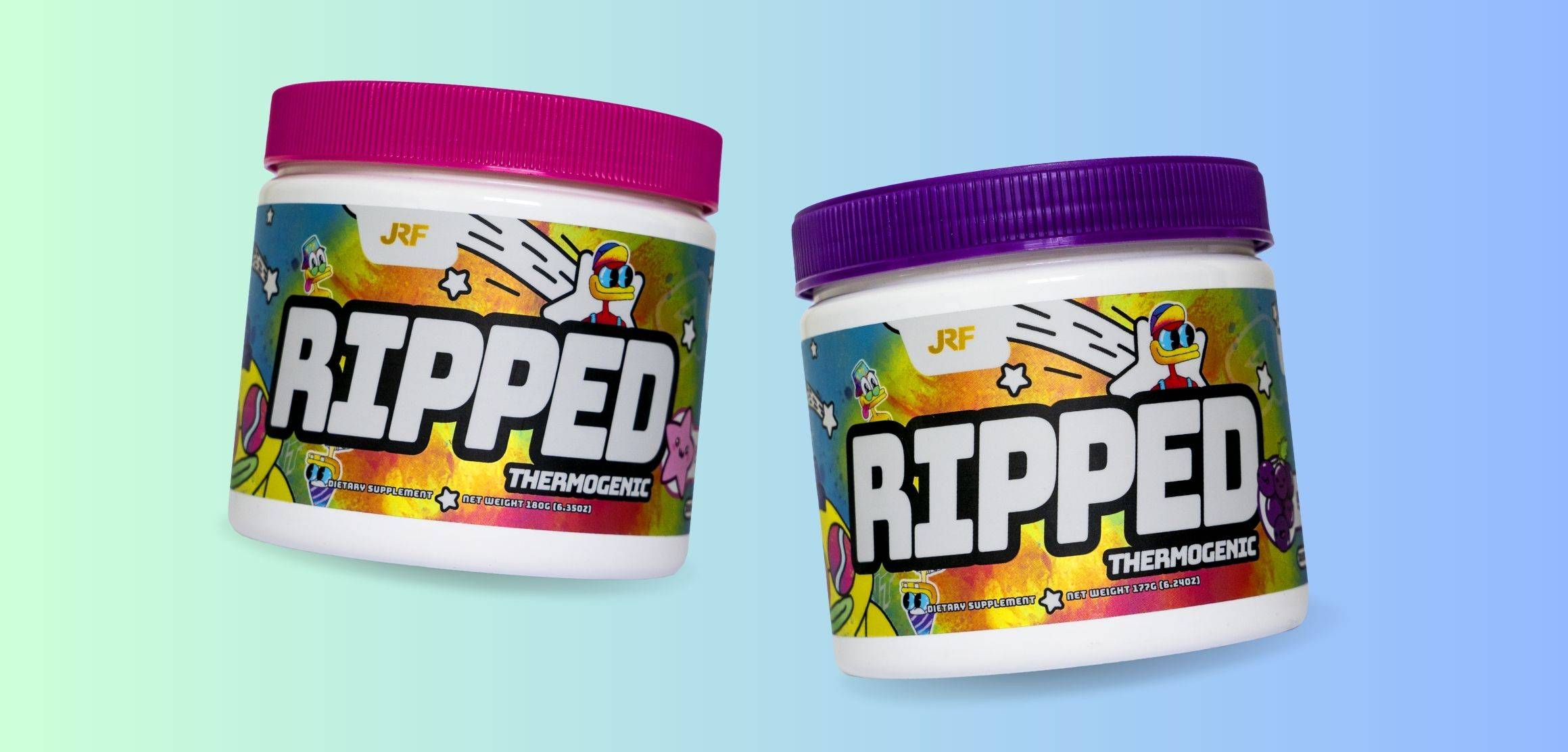
Suggested Consumption
Fat burners come in capsule or powdered form. A capsule is easily consumed, while a powder is easily mixed. Whatever your preference, I wouldn't recommend a fat burner year-round. Only drink when looking to lose weight during a cutting phase. Additionally, be mindful of consuming supplements that contain stimulating effects, such as a pre-workout in addition to a fat burner.
Consume as directed by the label of your chosen product, and don't consume more than 400mg of caffeine per day.
pre-workout
The impact a pre-workout can have on workouts is game-changing. Pre-workout supplements are effective because they are formulated with ingredients that work together to increase your energy, endurance, and strength and assist in appetite suppression. If you are feeling sluggish after a hard day of work, a pre-workout can be the difference between getting to the gym and not getting to the gym. You can't put a price on that!
My Recommendations
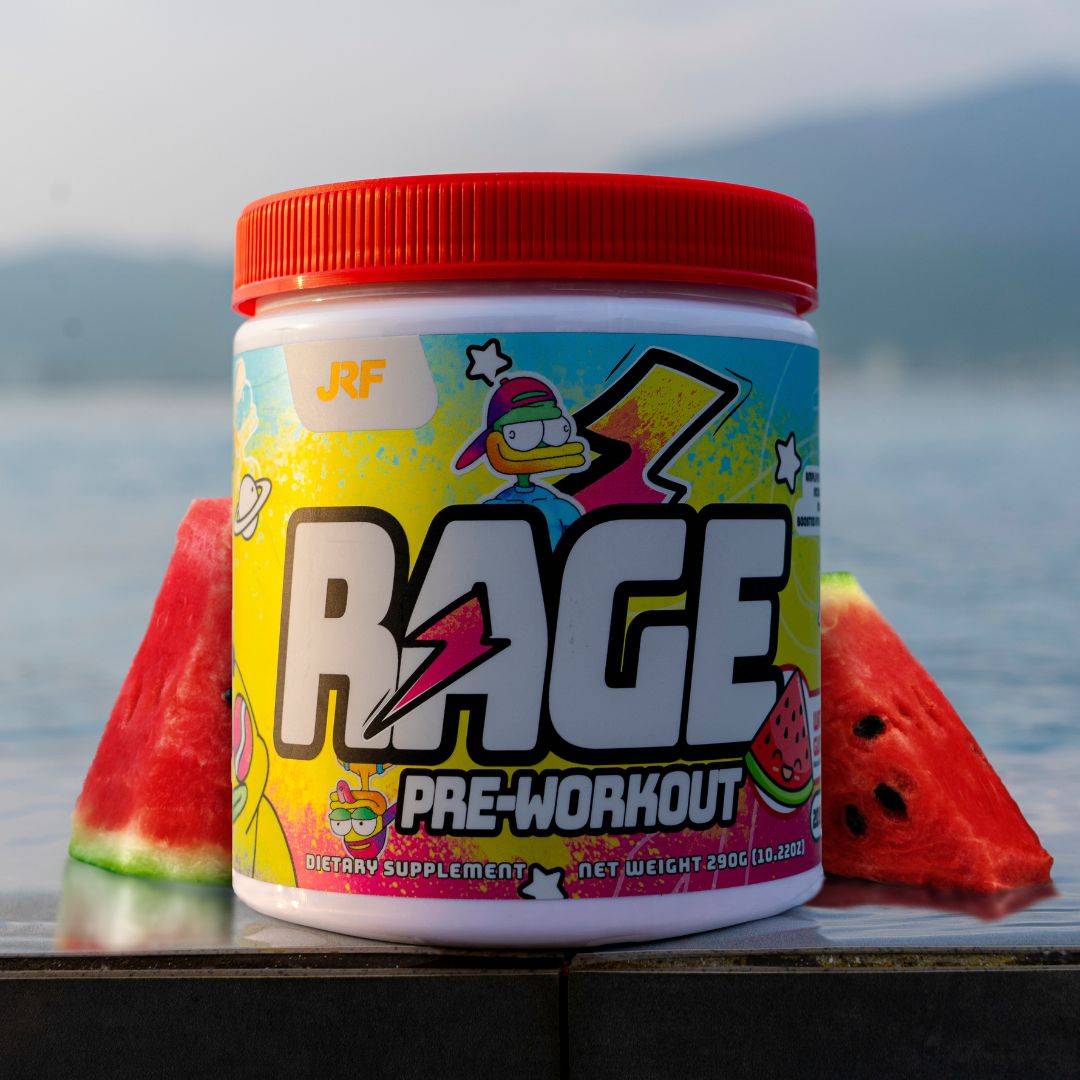
Suggested Consumption
Begin consuming pre-workout up to 15 minutes before your workout or even during your workout. There is no set rule on exactly when to consume your pre-workout. Whether you are dry-scooping immediately before your workout or sipping intra-workout, it is best to avoid consuming a pre-workout every day for an extended period of time.
Consume as directed by the label but be sure to have periods where you are having a break from pre-workout. Don't consume more than 400mg of caffeine per day.
BRANCHED CHAIN AMINO ACIDS (BCAAs)
Banched-chain amino acids (BCAAs) are a group of three essential amino acids: leucine, isoleucine, and valine. BCAAs (branched-chain amino acids) are essential amino acids that play a crucial role in regulating anabolism (protein synthesis), catabolism (energy production), de novo synthesis of glutamate, and influence the transport of tryptophan, tyrosine, and other amino acids. In other words, BCCAs are said to have the beneficial effects of decreasing exercise-induced muscle damage and promoting muscle-protein synthesis.
My Recommendations
-Optimum Nutrition Amino Energy
BCCAs are an optional extra. If you are on a budget, use your funds to ensure you have enough protein powder. Protein powder contains amino acids.
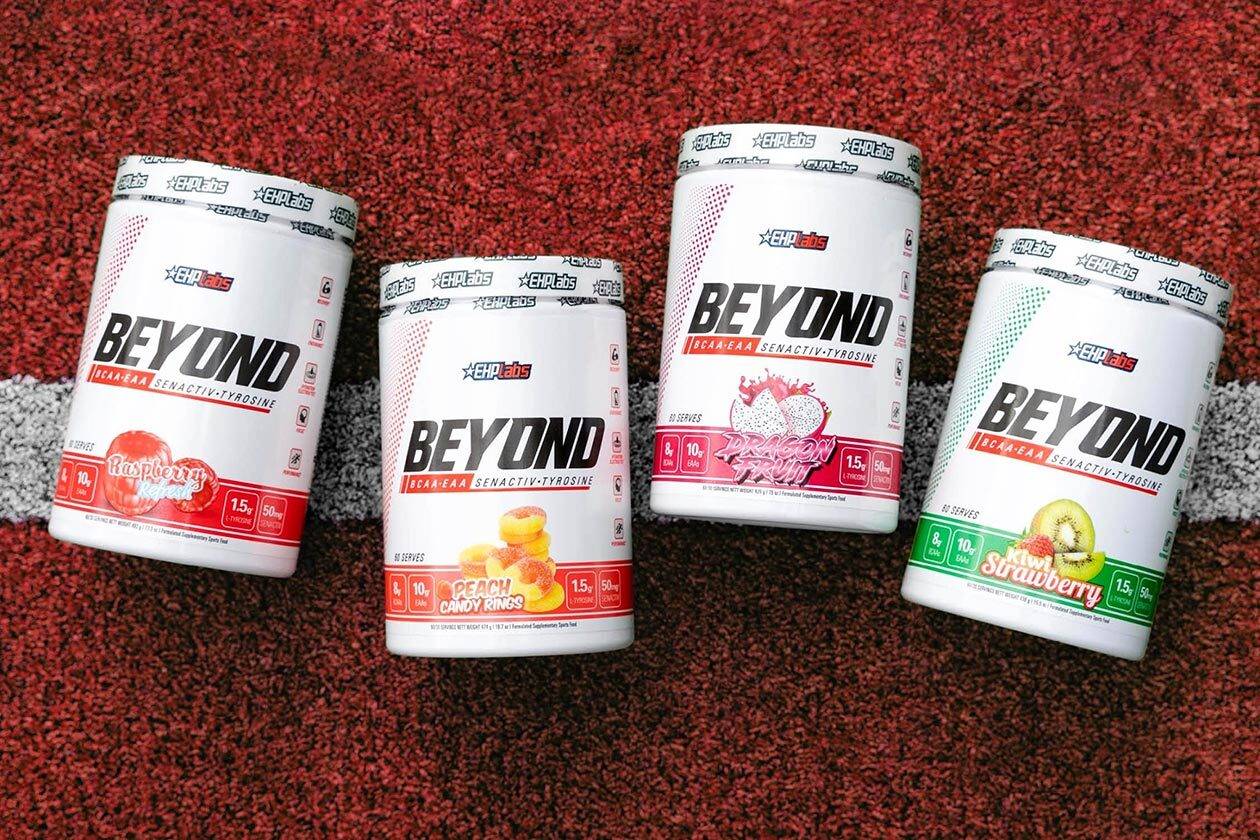
Suggested Consumption
L-CARNITINE
L-carnitine is a naturally occurring amino acid derivative that is crucial to the body's metabolic activities. It is essential because the body wouldn't be able to produce efficient energy without it. The benefits of supplementing with L-carnitine are said to be improved weight loss. However, there are also links to brain function, insulin sensitivity and preventing heart disease.
My Recommendations
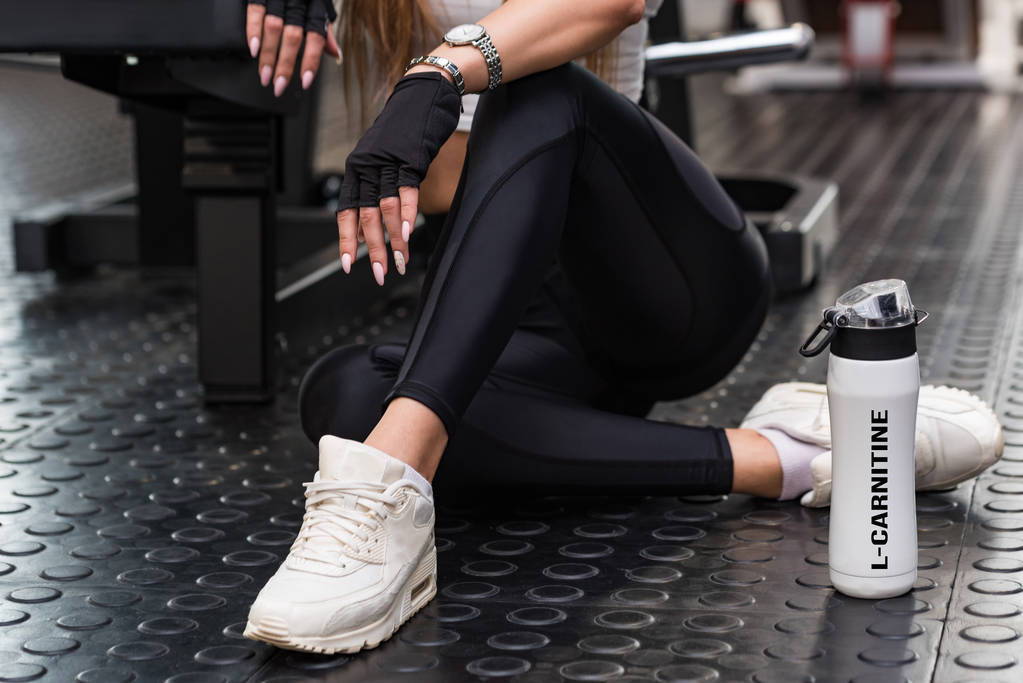
Suggested Consumption
Consume as directed on the label in capsule or liquid form.
TESTOSTERONE BOOSTERS
Testosterone boosters are supplements that increase levels of testosterone. However, it is largely believed that testosterone boosters have not been studied enough to support this claim. With that said, I have had clients indicate positive results with the following two products.
My Recommendations
Suggested Consumption
ZINC MAGNESIUM ASPARTATE (ZMA)
ZMA, or zinc magnesium aspartate, is a popular supplement among athletes, bodybuilders, and fitness enthusiasts. It contains a combination of three ingredients — zinc, magnesium, and vitamin B6. Some claimed benefits are boosted muscle size and strength, improved recovery (sleep quality), and increased testosterone levels. Like testosterone boosters, the research surrounding ZMA is in its infancy.
My Recommendations
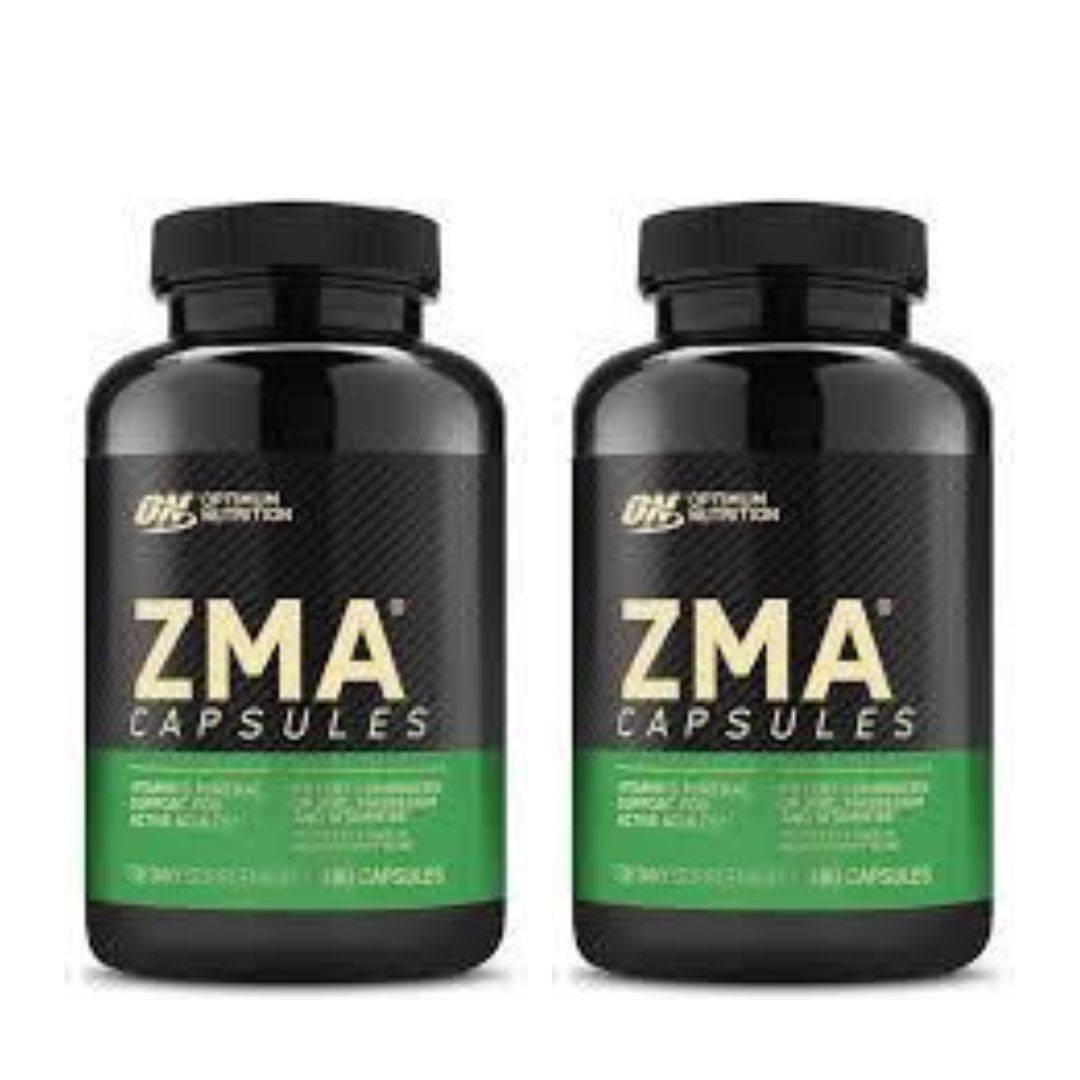
Suggested Consumption
Consume as directed, but 30 minutes before bed and on as empty of a stomach as possible.
SECTION Three
General Health
(Optional)
PROBIOTICS
Probiotic supplements have been shown to provide several potential benefits for overall health. Probiotic supplements help balance the billions of bacteria in your gut and on your skin. Probiotics improve digestive health, boost immune support, aid in weight loss, and support skin health. They are said to help treat symptoms like bloating, abdominal pain, and diarrhea; they can also help repopulate the gut bacteria during and after periods of stress and have been shown to improve mood, sleep, and cognitive function.
My Recommendations
Suggested Consumption
Digestive Enzymes
Digestive enzymes are proteins that help break down food into smaller parts, so your body can easily use the nutrients. Like a probiotic, I do not take digestive enzymes all the time. Only when I have a larger than average amount of food or a period of time consuming higher calories than normal—the end of a bulking phase before beginning a cutting phase. Digestive enzymes can help you to break down foods easier, and, in doing so, reduce digestive symptoms like gas, bloating, diarrhea, and belly pain. They have also been said to increase energy and help with enzyme insufficiencies. There have even been links to helping with irritable bowel syndrome (IBS), lactose intolerance, and even cancer. Take these claims at face value, as there is little concrete research at this moment in time.
My Recommendations
Suggested Consumption
I do not take digestive enzymes daily as the body becomes reliant. That said, take as directed by the label.
TUMERIC
Turmeric is a spice that has been used in cooking and traditional medicine for hundreds of years. It contains a natural compound called curcumin, which has both antioxidant and anti-inflammatory properties. The primary benefit of turmeric is its anti-inflammatory properties, so if you are training hard, it is a great supplement to use. It has also been said that turmeric is a good antioxidant and can provide some joint relief. Cooking with turmeric does not yield the same benefits as supplementing with turmeric.
My Recommendations
Suggested Consumption
honorable mentions
Not Technically Supplements
Apple Cider Vinegar
Apple Cider Vinegar is not technically a supplement, but I supplement with it. It helps with digestion, protein breakdown and keeping optimal potassium levels within the cells.
Vitamin D
Vitamin D is technically a hormone. A lot of individuals are vitamin D deficient, especially those who are not getting any direct sunlight. Vitamin D is essential for maintaining healthy bones, a healthy immune system and inflammation. Consume with a meal (higher in fat) if possible, as vitamin D is a fat-soluble vitamin.
Cacao Powder
Cacao Powder is a great source of magnesium and a great source of iron. It is also high in antioxidants—forty times higher than blueberries.
DISCLAIMER
Remember, none of these recommendations is intended to diagnose, treat, cure, or prevent any disease.
Additionally, I would suggest consulting a doctor before consuming any supplements.

